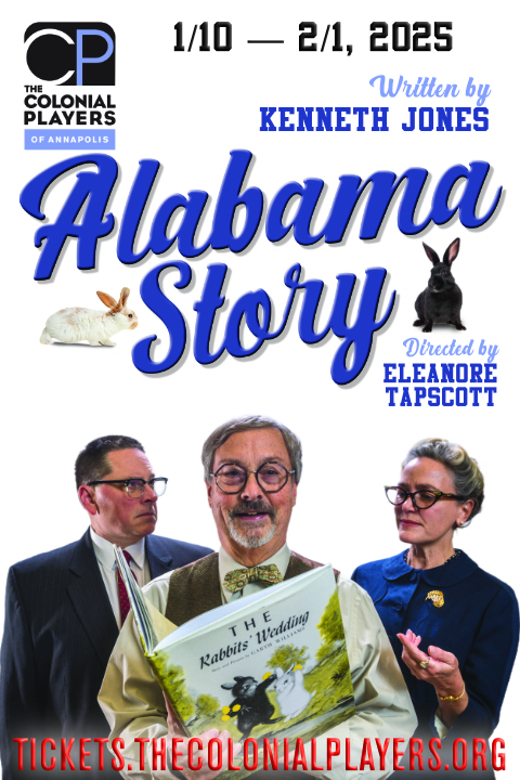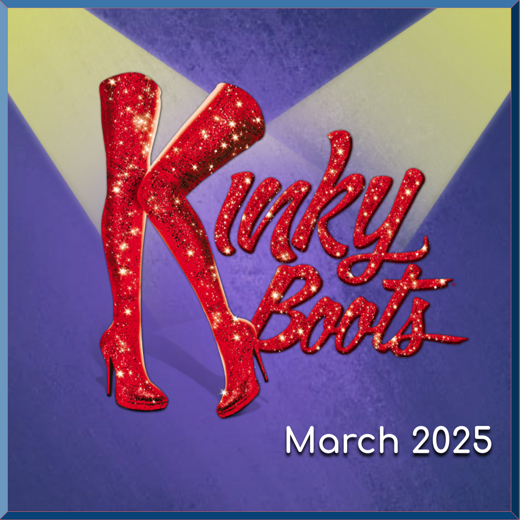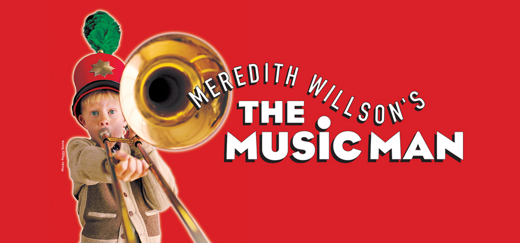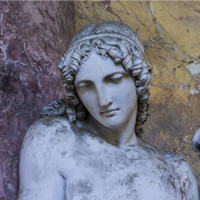Mozarts 19th-century biographer Otto Jahn declared Mozarts Symphony No. 40 in G minor or the Great G minor symphony as a work of pain and grieving. This haunting composition is only one of two symphonies that Mozart wrote in minor keys often eliciting stronger and darker emotions. This reflects both his interest in the popular Sturm und Drang movement and the personal turmoil of Mozarts life. He composed Symphony No. 40 during a dark timehe was facing mounting debts and dealing with the death of his infant daughter. The Great G minor symphony echoes his personal struggle, and it has become one of his most famous works. Likewise, Beethovens Second Symphony was composed during a dark time for the artist. Battling severe depression and thoughts of suicide as his hearing deteriorated, Beethoven wrote an overwhelmingly energetic, humorous, and playful piece. The fourth movement with sounds of hiccups, groans, flatulence, and belches is profoundly funny. When it premiered in 1803, some in the audience found the music bizarre, but it has stood the test of time as a work of great depth and humanity. After all, laughter can be a healing balm during lifes most difficult times. Played together, Mozarts Mozarts Symphony No. 40 and Beethovens Symphony No 2, will contemplate the pathos and buffoonery of the human condition.
Videos

|
Shakespeare's Hamlet
Milburn Stone Theatre (1/24 - 1/26) | |

|
The Lion King
Hippodrome Theatre- France-Merrick Performing Arts Center (2/12 - 3/2) | |

|
Alabama Story
The Colonial Players of Annapolis (1/10 - 2/1) | |

|
Born I: Music and Mindfulness
Arts Barn (3/1 - 3/1) | |

|
Kinky Boots
Silhouette Stages (3/7 - 3/23) | |

|
The Music Man
Third Wall Productions (2/7 - 2/16) | |

|
Shucked
Hippodrome Theatre- France-Merrick Performing Arts Center (4/1 - 4/6) | |
| VIEW SHOWS ADD A SHOW | ||
Recommended For You



